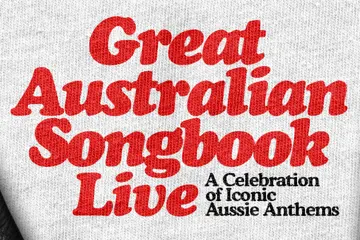 U2
U2U2's experiment with compulsory album Songs Of Innocence has been hit with even more backlash, this time not from slighted consumers but the Entertainment Retailers Association, representatives of which have equated the mass LP giveaway to being "as damaging as piracy".
In a statement posted to the organisation's website, ERA chairman Paul Quirk decried the stunt, citing back-catalogue sales figures in the wake of the release as being barely more than 6000 online and an embarrassing 60 physical purchases despite U2's hopes that "gifting" Songs Of Innocence to the masses would be an endearing thing to do.
"This vindicates our view that giving away hundreds of millions of albums simply devalues music and runs the risk of alienating the 60% of the population who are not customers of iTunes," Quirk said in the statement.
"If one of the justifications of this stunt is that it would drive sales of U2's catalogue through the market as a whole, then so far at least it has been a dismal failure."
U2 sales figures did actually increase after the free release, from about 697 albums across Great Britain and Northern Island to 6744 - an 868% increase worth less than £50,000 (about $89,800).
Don't miss a beat with our FREE daily newsletter
"This promotion is a failure on so many levels," Quirk said. "It devalues music, it alienates the majority of people who don't use iTunes and it disappoints those who prefer to shop in physical stores since few shops had U2 stock available.
"Giving away music like this is as damaging to the value of music as piracy, and those who will suffer most are the artists of tomorrow. U2 have had their career, but if one of the biggest rock bands in the world are prepared to give away their new album for free, how can we really expect the public to spend £10 on an album by a newcomer?"
In the newcomers' defence, it's not like everybody wanted the mandatory tunes to begin with - Apple was forced this week to create a dedicated webpage to help unsatisfied iTunes users get the album off their devices, to which it auto-downloaded earlier in the week. But Quirk remains unmoved by platitudes and explain-aways, regardless.
"Dumping an album in hundreds of millions of iTunes libraries, whether people want it or not, reduces music to the level of a software update or a bug-fix or just plain spam," he said.
U2 are not the first globally influential musicians to be accused of devaluing the very product on which they've made their millions — US pop star Lady Gaga faced widespread criticism in 2011 after she made her album Born This Way available via Amazon for a whopping 99 cents, a stunt which led to assertions that she had single-handedly forced a need for change in the way albums are sold.















